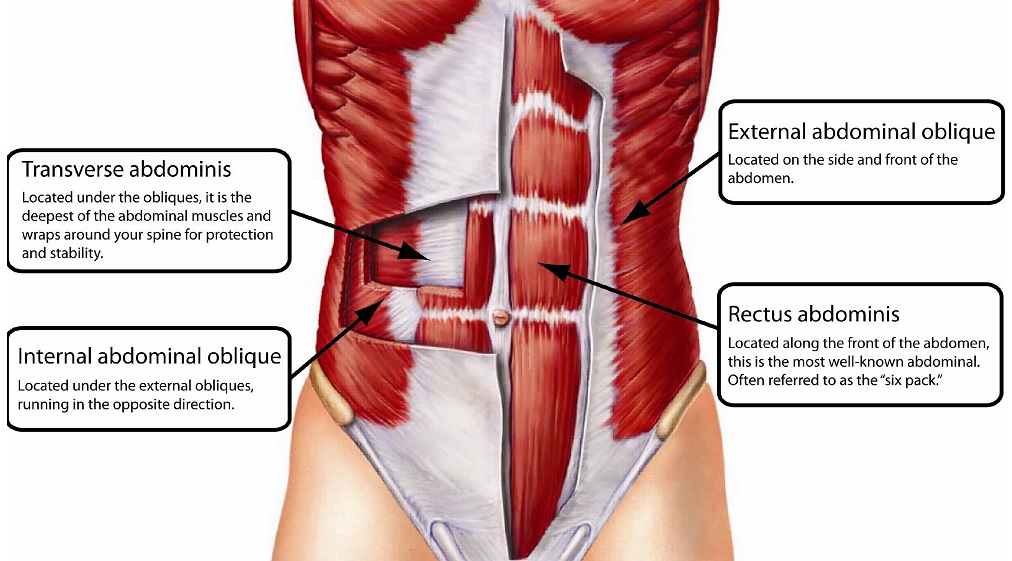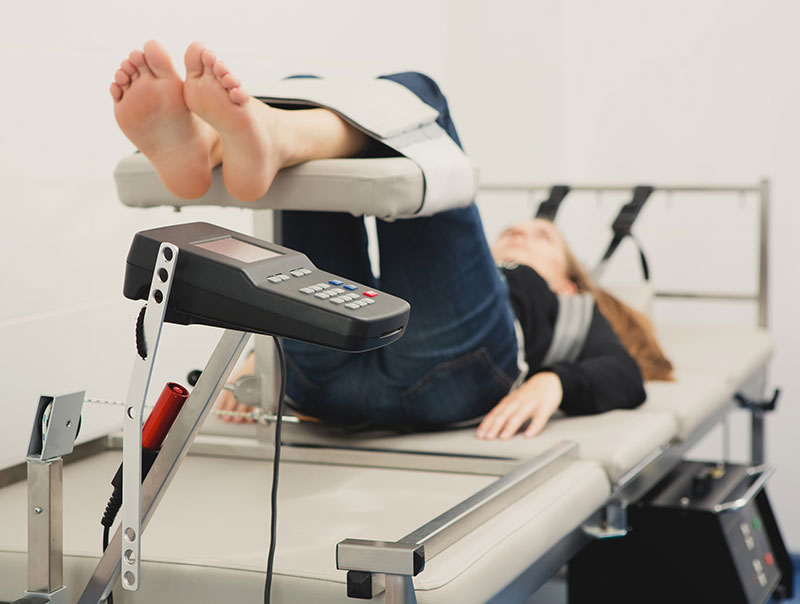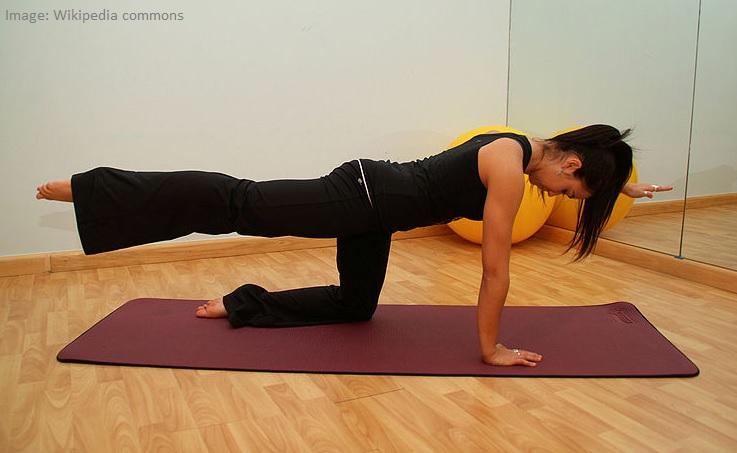nalco group
bone, muscle & joint pain physio
BOOK NOW / WHATSAPP ABOUT YOUR PAIN OR INJURY
- ORCHARD 400 Orchard Road #12-12 Singapore 238875
- TAMPINES 9 Tampines Grande #01-20 Singapore 528735
- SERANGOON 265 Serangoon Central Drive #04-269 Singapore 550265
Home > Blog > Spinal Physiotherapy > Clinical Pilates > Core Confusion?
Core Confusion?
If you've every suffered from back pain (or still do), you may have been informed that
- you should be active (you need to exercise) and
- do more exercises that helps your core
Of course, there are more and more articles online, in papers and magazines (and by fitness instructors and gym goers) that they need to build on core strength, conditioning, stability etc. Let's cover and bring some clarity today.
first of all, What is your core?

Our core muscles refer to (see diagram above)
- obliques
- rectus abdominus and
- deep abdominal muscles
importance of core stability
If you currently have back pain which had been recurring, you will definitely benefit from active spine physiotherapy and decompression traction therapy, on top of later progressing to core strengthening and stabilizing exercises.
The active phase of physiotherapy is to primarily deal, minimize and take away the pain, which is the basic step, and then it leads to improving the stability of the core by improving:
- core strength
- core endurance
- core muscle control
So our deep core muscles are connected to our vertebrae (our spine), and their number #1 role is mainly to stabilize our spine and provide support in and with movement. Because their main function is to create stability, they do not move/mobilize your body at all unlike
- your obliques that helps your body turn side-to-side
- your abdominus that helps you bend your way forward (like doing a sit up/crunch)
That's why exercises that target deep abdominus core muscles for people who suffer from low back pain, these exercises don't seem rigorous and tends to focus on the lasting/holding/stamina power.

Weak core muscles correlates with back pain
Studies are showing that patients who suffer from back pain has 2 core-muscles-specific problems:
- weak core muscles that also have poor stamina
- difficulty activating core muscles
These both means that patients who have difficulties activating core muscles, have core muscles that are weak or tire easily have much higher risk of back pain, and this is because they cannot adequately support the back muscles for movement and stabilizing.
strengthening and training your core
Usually because back pain patients have these two core-related weaknesses, going to fitness instructors for core stability training exercises aren't recommended.
The reasons are if your core muscles are already weak...
- general core stability classes may be too general and too intense, which if unsupervised, may cause more aggravation and back pain
- general core classes do not isolate or train the deep core muscles and actually do more general core exercises, which is not able to isolate the deep important core muscles ie doesn't train important core muscles
The gentler and safer approach

The gentler and safer approach is to take it slow and be gentle when one starts it. If the exercises are too hard, the body will either compensate and use non-core muscles to get around the problem (thus not working the deep core muscles you need to work on in the first place).
It's important to focus on the safe and proper form of movement, to prevent injury and ensure that your deep core muscles are isolately challenged to improve its strength, stability and endurance. That's why we recommend you to see our back pain physiotherapists first to assess and understand your back pain causes first, treat those issues and then progress to Clinical Pilates for isolated and controlled core training.
